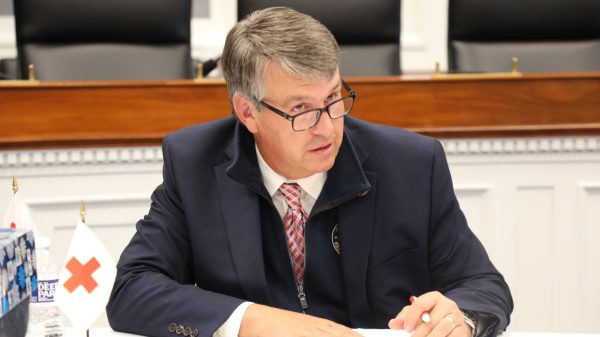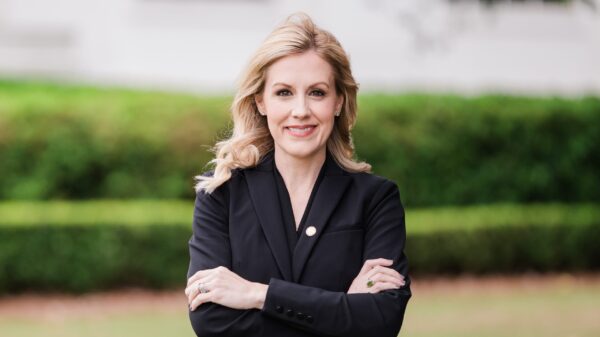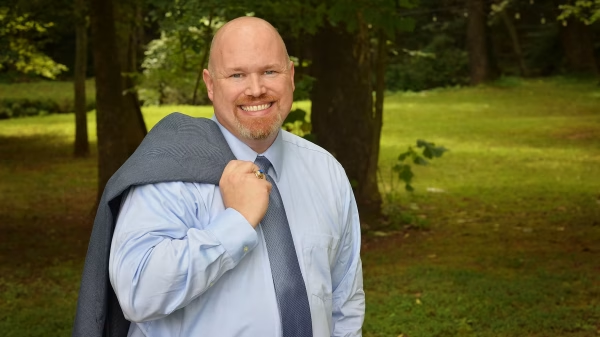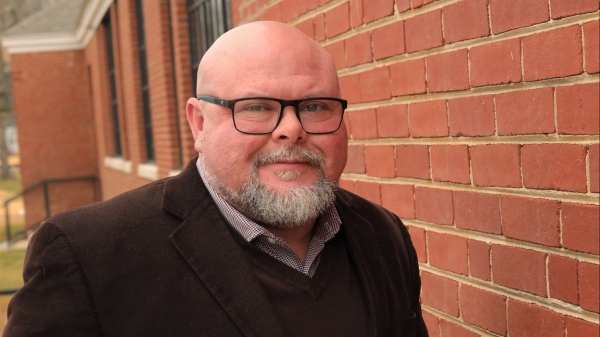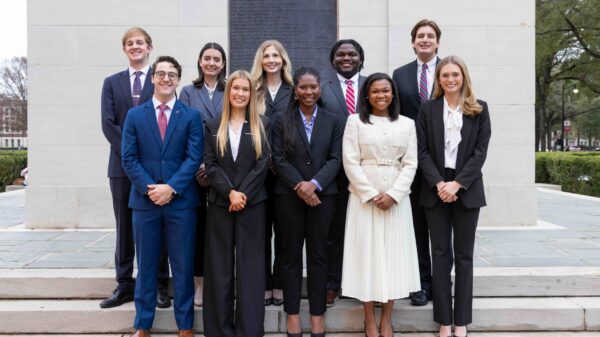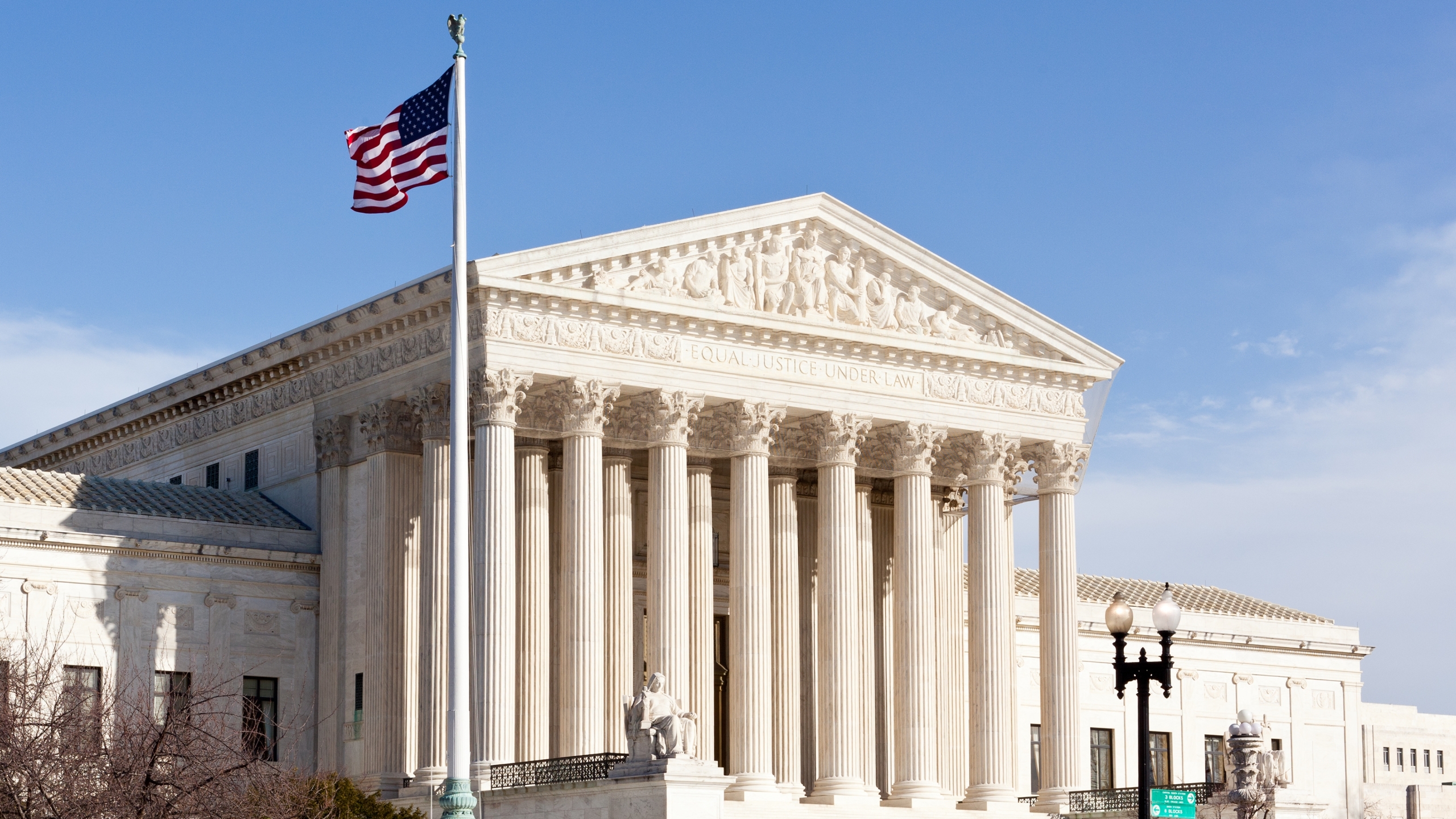The United States Supreme Court on Wednesday handed down two decisions strengthening religious liberty and expanding freedom of religion.
In the first case, the Court ruled in favor of the Little Sisters of the Poor, saying that the Catholic nuns do not have to pay for medical procedures that they object to including abortion.
The decision was written by pro-life Justice Clarence Thomas. The 7 to 2 decision majority opinion is the biggest pro-life decision of the Trump presidency. This overturns a lower court ruling saying employees are entitled to abortion and birth control services.
The Montgomery-based Foundation for Moral Law praised the Supreme Court’s decision in Little Sisters of the Poor v. Pennsylvania. The Foundation had filed an amicus brief with the Court arguing in favor of the Little Sisters of the Poor’s case.
This case arose from Obamacare’s contraception mandate. The Little Sisters objected to complying with the Obamacare mandate of contraception and abortion services based on their religious convictions. The Trump administration issued new rules that exempted employers with religious and moral objections to complying with the mandate. The States of Pennsylvania and New Jersey sued, and the United States Court of Appeals for the Third Circuit ruled against the Trump administration and the Little Sisters.
The Supreme Court reversed the judgment of the Third Circuit. The Court held that the Patient Protection and Affordable Care Act of 2010 allowed the Trump administration to craft these regulations and that the Trump administration had complied with the Administrative Procedures Act in enacting the rules.
Consequently, it did not reach the religious freedom claim, but it held that it was proper for the Trump administration to consider the effect of federal religious freedom law when it passed the rules.
“GREAT win at the Supreme Court today on the Obamacare abortion drug mandate,” said Republican Senate candidate Jeff Sessions. “For the first time in nearly a DECADE, the Little Sisters of the Poor & other religious groups can do their good work without fear of being forced to violate their beliefs.”
“As Attorney General, I reversed the Obama administration’s position in the Little Sisters of the Poor litigation, and said NO MORE to government persecution of religion,” Sessions said. “I have a lifelong record of fighting to protect religious freedom. This is one of many issues on which President Donald J. Trump and I worked on together to take a strong stand for religious liberty. I also started the Religious Liberty Task Force at the Department of Justice to protect religious freedom across the entire government.”
Sessions is running for the Republican nomination for U.S. Senate in the Republican primary on July 14. His opponent is former Auburn head football Coach Tommy Tuberville.
“Although the majority opinion focused more on administrative law than on religious liberty, the Court’s decision was a win for religious freedom because it upheld important rules that protect Americans with religious and moral objections to Obamacare’s contraceptive mandate,” said Matt Clark, the attorney who wrote the Foundation’s amicus brief in this case.
“Justice Alito’s concurring opinion importantly emphasized that the courts must defer to a person’s interpretation of his religious obligations when he raises a religious objection,” Clark continued. “As James Madison wrote in 1785, ‘The Religion then of every man must be left to the conviction and conscience of every man; and it is the right of every man to exercise it as these may dictate.’”
Kayla Moore is the President of the Foundation for Moral Law.
“The main opinion said that Congress considers religious liberty to be an ‘unalienable right,’” Moore said. “We commend Congress and the Court for recognizing it as such, and we hope that the Court will take that principle to its logical conclusion in every religious freedom case that it considers.”
Bible scholar and cultural commentator Dr. Michael Brown said, “This is a tremendous victory for freedom of religion and conscience in America. Under Obamacare, employers were forced to provide birth control coverage as part of their health plans, which for many Catholics in particular would be in violation of their faith. The court has overwhelmingly ruled for religious freedom, honoring moral objections of employers who now may opt out of providing abortion or birth control services.”
The Supreme Court also released a ruling Wednesday saying religious institutions have the right to pick their own employees and are exempt from secular anti-discrimination laws.
“Trump and moral conservatives won two big ones,” Brown said.
In Our Lady of Guadalupe School v. Morrissey-Berru the Court ruled that the First Amendment prevents courts from intervening in employment disputes between religious schools and the teachers at those schools who are entrusted with the responsibility of instructing their students in the faith.
Chief Justice John Roberts wrote, “The religious education and formation of students is the very reason for the existence of most private religious schools, and therefore the selection and supervision of the teachers upon whom the schools rely to do this work lie at the core of their mission. Judicial review of the way in which religious schools discharge those responsibilities would undermine the independence of religious institutions in a way that the First Amendment does not tolerate.”
Brown is the author of the new book, “Evangelicals at the Crossroads: Will We Pass the Trump Test?” He has written 35 books and hosts a nationally syndicated daily talk radio show The Line of Fire, as well as the host of shows on GOD TV, NRBTV, and METV.
Barbara Ann Luttrell is the Vice President of External Affairs for Planned Parenthood Southeast.
Planned Parenthood SE was upset with both rulings.
“Today, the Supreme Court of the United States upheld two Trump administration rules that allow employers and universities to push their religious or moral beliefs on employees and students by denying them access to insurance that covers birth control,” Luttrelll said in a statement. “Bosses and universities will be able to decide — based on their own objections — if their health insurance plans cover birth control.”
Staci Fox is the President and CEO of Planned Parenthood Southeast.
“Today’s ruling deals yet another devastating blow to health care access in this country,” Fox said. “As is so often the case, it will hit people of color and low-income people hardest, and in the middle of a global pandemic that is already ravaging those communities. It is more proof that reproductive rights are under attack at all levels – not just abortion access.”
Both decisions were victories for Alabama Attorney General Steve Marshall. The State of Alabama, under Marshall’s leadership, had previously joined multistate amicus briefs to the Supreme Court in both cases, supporting the Little Sisters of the Poor and Our Lady of Guadalupe School: Little Sisters of the Poor v. Pennsylvania; and Our Lady of Guadalupe School v. Morrissey-Berru.
“The First Amendment rightly recognizes that one of the unalienable rights all men and women possess is the right to exercise their faith,” Marshall wrote in a statement. “And today the Supreme Court has reaffirmed that fundamental truth in two important decisions. Thankfully, the Court recognized that the federal government need not force nuns to violate their sincerely held beliefs by providing contraceptive coverage to employees who help them care for the sick. And the Court likewise reaffirmed that the government has no authority to tell religious schools who they must hire or retain to teach their faith.”

